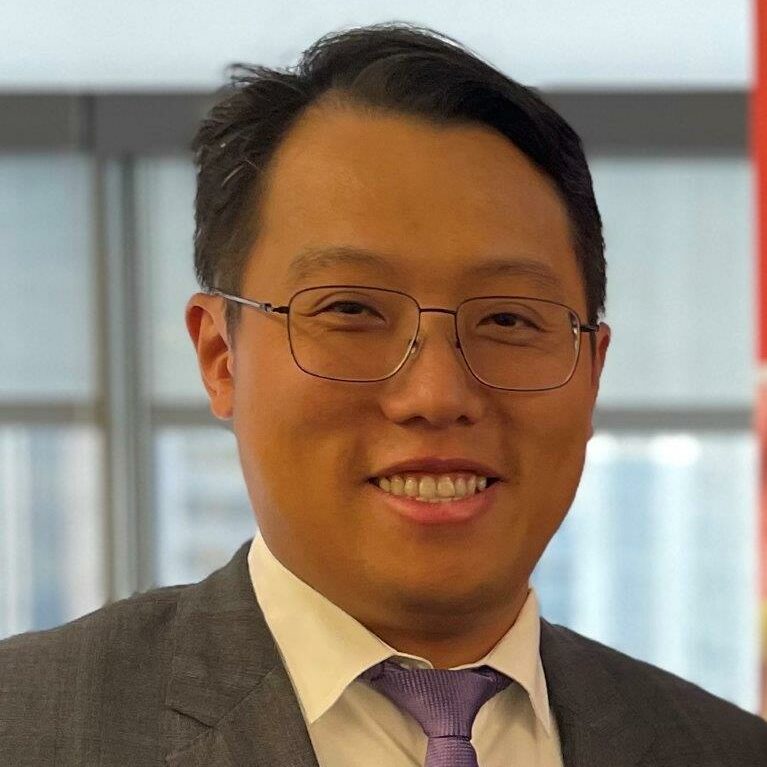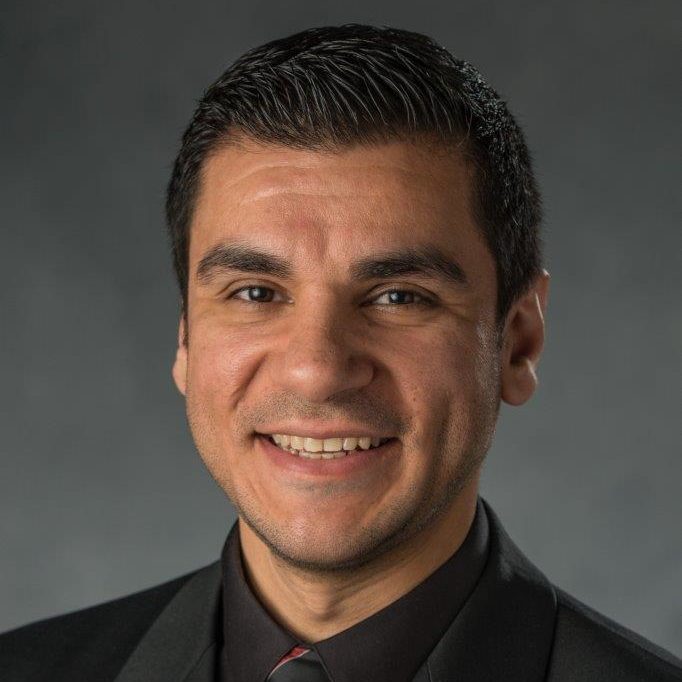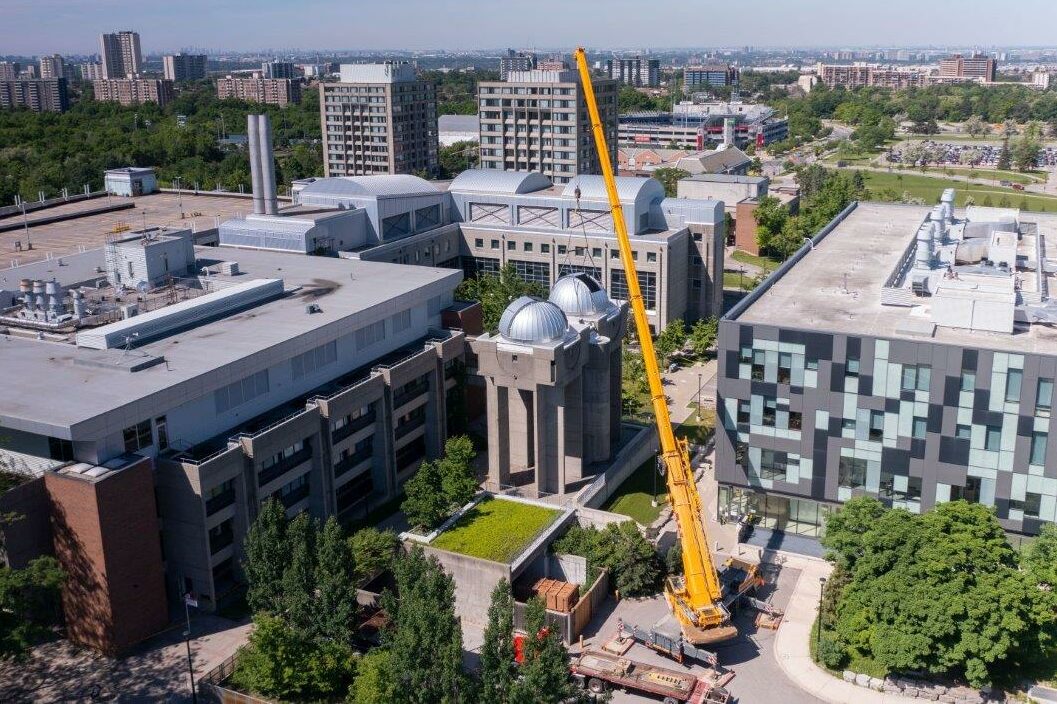Supporting and reconnecting our people

Created in consultation with our members, we launched our Community 2022 initiative to help faculty, staff and students reconnect in person and to support the return to a more robust on-campus presence.
“We conducted a survey of our community and many expressed a sense of disconnection stemming from the COVID-19 pandemic,” said Dean Rui Wang.
Survey respondents overwhelmingly asked for more opportunities to connect in person within the Faculty, according to Melissa Hughes, senior advisor, Strategic Engagement & Policy. “Our community also wanted more streamlined access to information on health and well-being and University policies related to COVID-19, seminars on research office policies and procedures and hybrid remote work, and improved technological supports for teaching.”
Community 2022 was composed of 24 events, covering five areas of community engagement:

In-person events to connect with your Science community in meaningful ways

Seminars for faculty, staff, and researchers

Improvements to physical spaces within our Faculty to function, look, and feel better

Resources for instructors and improved channels for technology support

Increased accessibility of information on health and well-being supports
Internationalizing our programs and learning opportunities
Our Office of International Collaborations & Partnerships, led by Hugo Chen, director of International Collaborations & Partnerships, spearheaded several new international education experience programs and initiatives.
Among them was our 2+2/2+3 Undergraduate International Collaboration Education Programs, which allow students from participating institutions to complete their first two years of study at their home university and their last two or three years at York. Students graduate from York with a BA or a BSc degree. In 2022, our office negotiated five agreements with international partners for this program, with more to follow in the coming year.
“The program allows students from abroad to internationalize their degrees in a more affordable way, since they only spend two or three years studying in Canada, rather than their entire undergraduate career,” said Chen.
The office also created the York Science Hainan Learning Centre to support some of our international students studying online due to COVID-19.

New programming expands career pathways

Data Science
The Department of Mathematics & Statistics launched a new Data Science program (starting fall 2023), which was designed with input from industry. Data Science is a booming field that uses computing and statistical reasoning to generate valuable insights from data. Unique aspects of the new program include students selecting streams in areas of practice such as business or health, and taking a capstone course in fourth-year to work on real-world problems for clients.
The program offers students a middle ground between computer science and statistics to ensure they are well prepared to obtain meaningful employment in a wide range of industries.
STS courses focused on equity, diversity and inclusion (EDI)
The Department of Science, Technology & Society (STS) revamped its roster of courses and major and minor options. Included in the refresh were two new EDI-focused courses: Exploring Gender in Science, Technology, Engineering and Mathematics; and Science, Technology and Racial Social Justice. Both courses offer students the opportunity to examine EDI in a unique way through explorations of past and present issues and controversies in science and technology.
The Division of Natural Science also created its first field course, Plants in the City, to provide students with an experiential education opportunity as they discover urban ecosystems at York.
New Associate Dean position leads curriculum and pedagogical innovation
In an effort to further enhance our excellence in teaching and learning in the Faculty of Science, the Dean’s Office created a new Associate Dean role to provide leadership and direction for academic programming and pedagogical innovation in Science at the Keele Campus and upcoming Markham Campus.
The inaugural Associate Dean, Curriculum & Pedagogy position, filled by Professor Hovig Kouyoumdjian (Chemistry), was created to provide leadership on teaching and learning initiatives in the Faculty, such as improving undergraduate pedagogy; enhancing experiential education experience and opportunities; guiding curricular and program development and innovation; steering the inclusion of equity, diversity and inclusion principles, as well as Indigenous knowledge in science education; and much more.

Integrating Equity, Diversity and Inclusion (EDI) in all that we do
The Faculty of Science is working hard to embed principles of EDI into how we lead, research, and teach. At our Leadership Retreat, we explored how we can Indigenize our curriculum with a discussion led by Professor Nicole Redvers, director of Indigenous Planetary Health, University of Western Ontario, who co-developed the first Indigenous Health PhD degree program in North America. In partnership with York University Libraries, we also created Indigenous knowledge reading lists relevant to our areas of research and study and distributed them to the Departments for further sharing amongst faculty and graduate students.
The Faculty’s Committee on Teaching and Learning and Committee on EDI launched and hosted three EDI Book Club meetings for instructors to discuss the book “Inclusive Teaching-Strategies for Promoting Equity in the College Classroom,” and three EDI Science Reading Group meetings for instructors to review academic articles on topics of EDI and science. A syllabus/course outline template for instructors that centres on EDI and welcomes students into their courses was developed and distributed (read more). And, the Department of STS introduced two new courses for students to examine EDI through explorations of past and present issues and controversies in science and technology (read more).
New Observatory domes improve night sky viewing, collaboration
Two new state-of-the-art domes replaced the original 1960s domes at the Allan I. Carswell Astronomical Observatory, opening the night sky for better viewing of planets, stars, nebulae and more.
“Unlike the old domes, the new domes have an automatic control system that goes to a computer where you can tell the dome to follow the telescope. Not only is this a huge timesaver, it means we can collaborate with other astronomers and teachers anywhere in the world for research and outreach,” said Observatory Director Elaina Hyde (Physics & Astronomy).
“These new domes will give us a massive upgrade in terms of our technology. We can come at the beginning of the night, set up the telescope, and then operate them from home,” said graduate student Sunna Withers.
The design of the new domes also allows for a larger viewing area as the top part of the shutter opens up and the bottom part flips down, exposing more of the sky.

